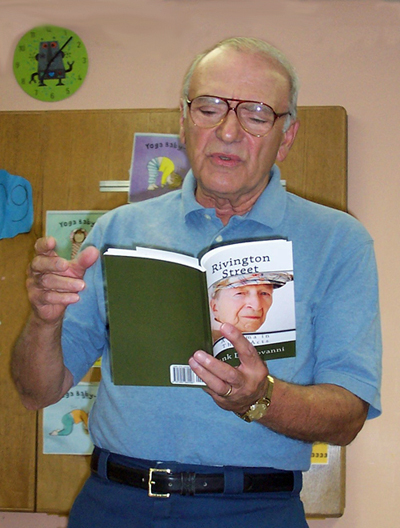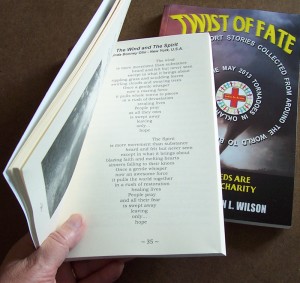Greetings from Faith Songs!
I almost feel as if I should introduce myself, after my two-month absence from Faith Songs. As many of you know, my parents’ health needs take me away from home (and away from my high-speed Internet) for weeks at a time, and that was the case for most of December and part of January. When I got home, my first priority (okay, second—after smooching my husband) was the farm bookkeeping. Besides the usual accounts payable/receivable and payroll, January is prime time for annual business reports, employer reports, tax reports, lender reports, Workers Comp audit reports—you get the idea. Squeezed in writing and submitting a few new hymns and devotions. No time for blogging.
New release: Transformed
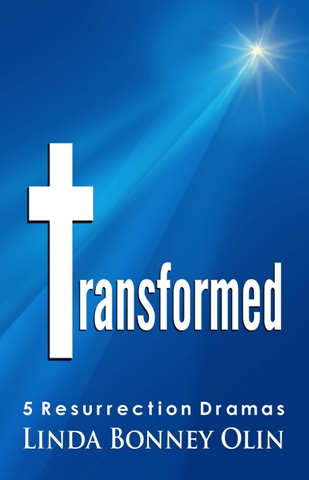 When the bookkeeping finally hit a lull between deadlines, the Holy Spirit shifted me into high gear to get my latest drama book published. I polished the content, cover, and interior design to a high gloss with the help of my wonderful beta readers. The paperback edition of Transformed: 5 Resurrection Dramas rolled onto the cyber-shelves at Amazon and CreateSpace the last week of January, and the Kindle version went up on Amazon shortly afterwards. Stay tuned for information about a Book Launch Party (exclusive giveaways, discounts, fun trivia, and who knows what-all) on Facebook. Hopefully I can get that scheduled before the book and I both curl up and yellow with age.
When the bookkeeping finally hit a lull between deadlines, the Holy Spirit shifted me into high gear to get my latest drama book published. I polished the content, cover, and interior design to a high gloss with the help of my wonderful beta readers. The paperback edition of Transformed: 5 Resurrection Dramas rolled onto the cyber-shelves at Amazon and CreateSpace the last week of January, and the Kindle version went up on Amazon shortly afterwards. Stay tuned for information about a Book Launch Party (exclusive giveaways, discounts, fun trivia, and who knows what-all) on Facebook. Hopefully I can get that scheduled before the book and I both curl up and yellow with age.
But, first!
My Holy Ghostwriter poked me to share some thoughts about the Bible characters in Transformed. I say “characters” because that’s what you call people in a play, but these were real people, even though the premises of the dramas are fictional (at least, I’m pretty sure none of the apostles ever appeared on a TV talk show!). In fact, the five lead characters were among Jesus Christ’s closest family and friends: his mother, Mary, and his brother James; the apostles Simon Peter and John; and his devoted disciple Mary Magdalene.
The five dramas portray how they were transformed by Jesus’ resurrection. But what about the soul-wrenching days that led up to it? What was each of those individuals doing, and thinking, and feeling after Jesus died, before news came that he’d risen from the tomb, alive? We tend to treat Holy Saturday like a blank page between Good Friday and Easter. That page deserves to be examined more closely before we turn it. That will be the focus of an upcoming series of posts here at Faith Songs.
Book Resources for Lent
In the meantime, I invite you to check out Transformed: 5 Resurrection Dramas on Amazon or CreateSpace. It offers drama, comedy, music—and best of all, life-changing truth.
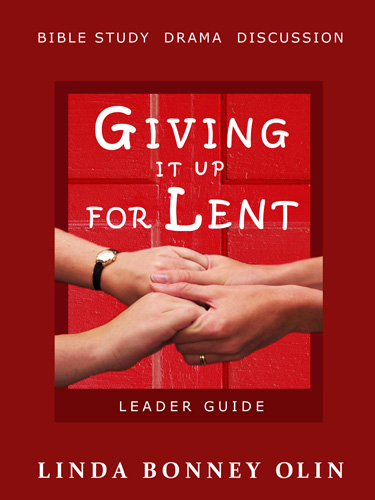 And don’t forget my other Lent resources: The Sacrifice Support Group: A Dramatic Comedy for Lent and Giving It Up for Lent: Bible Study, Drama, Discussion. ’Tis the season! Ash Wednesday is March 5, 2014.
And don’t forget my other Lent resources: The Sacrifice Support Group: A Dramatic Comedy for Lent and Giving It Up for Lent: Bible Study, Drama, Discussion. ’Tis the season! Ash Wednesday is March 5, 2014.
Chances are, you’re not one of the few people who shop for church play scripts and Bible study materials for a church group. But my tribe (that’s you!) can pass the message to the people in your church who do buy them—pastors, worship leaders, drama teams, small group leaders, adult Sunday School teachers. Please do whatever you can to help me get the word to those folks. If you’re not a church person yourself, you probably know one or two you can mention it to.
Yes, the post title said “Bargains”
Trumpet fanfare! My Book Launch Party for Transformed will unveil a discount code of 50% on all my Christian drama books and Bible study workbooks. The code will be valid only on paperback editions, only at CreateSpace.com, and only on the Launch Party dates.


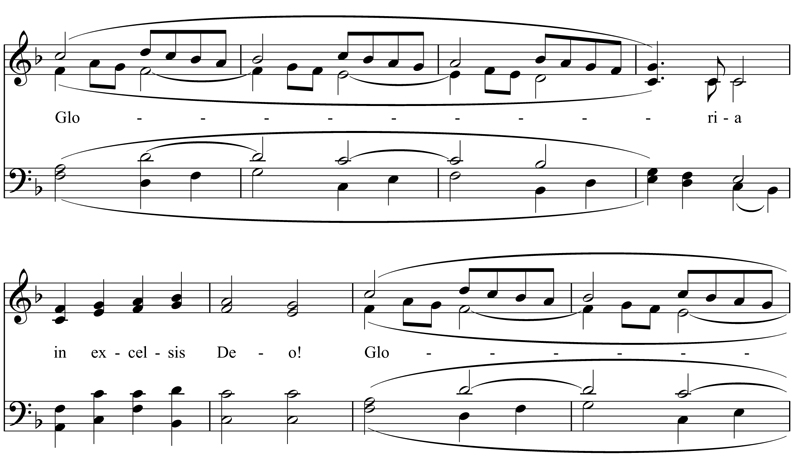 Ever notice all the hyphens in your hymnal? I pity the guy who had the job of putting them there!
Ever notice all the hyphens in your hymnal? I pity the guy who had the job of putting them there!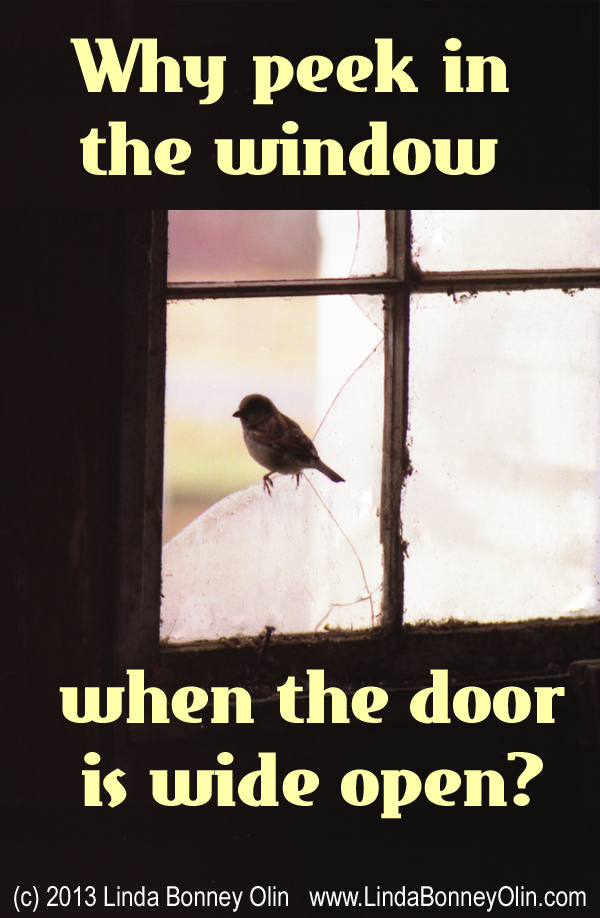 High-flying indie authors make news practically daily. Industry gurus exhort writers, practically hourly, to invest major effort and money into launching our own books into the stratosphere of publishing success, whether by independent or traditional methods. We must conduct our writing activity in a serious manner. Be professional. Businesslike. Goal and results oriented.
High-flying indie authors make news practically daily. Industry gurus exhort writers, practically hourly, to invest major effort and money into launching our own books into the stratosphere of publishing success, whether by independent or traditional methods. We must conduct our writing activity in a serious manner. Be professional. Businesslike. Goal and results oriented.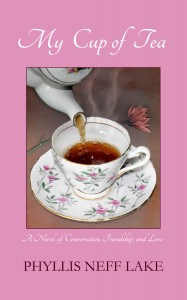

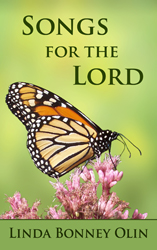
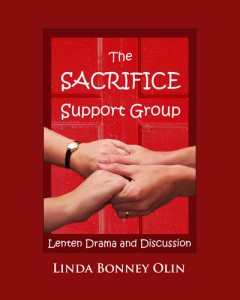
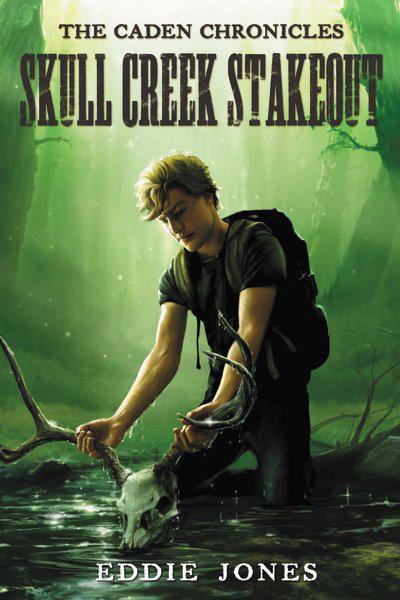 Last October I posted a fun interview with the irrepressible Eddie Jones. Eddie is an author, acquisitions editor for Lighthouse Publishing of the Carolinas, humorist, and follower of the Lord’s leading—not in that order of importance, as Eddie would surely agree. He had just released Dead Man’s Hand, the first book in his Caden Chronicles trilogy for boys.
Last October I posted a fun interview with the irrepressible Eddie Jones. Eddie is an author, acquisitions editor for Lighthouse Publishing of the Carolinas, humorist, and follower of the Lord’s leading—not in that order of importance, as Eddie would surely agree. He had just released Dead Man’s Hand, the first book in his Caden Chronicles trilogy for boys.